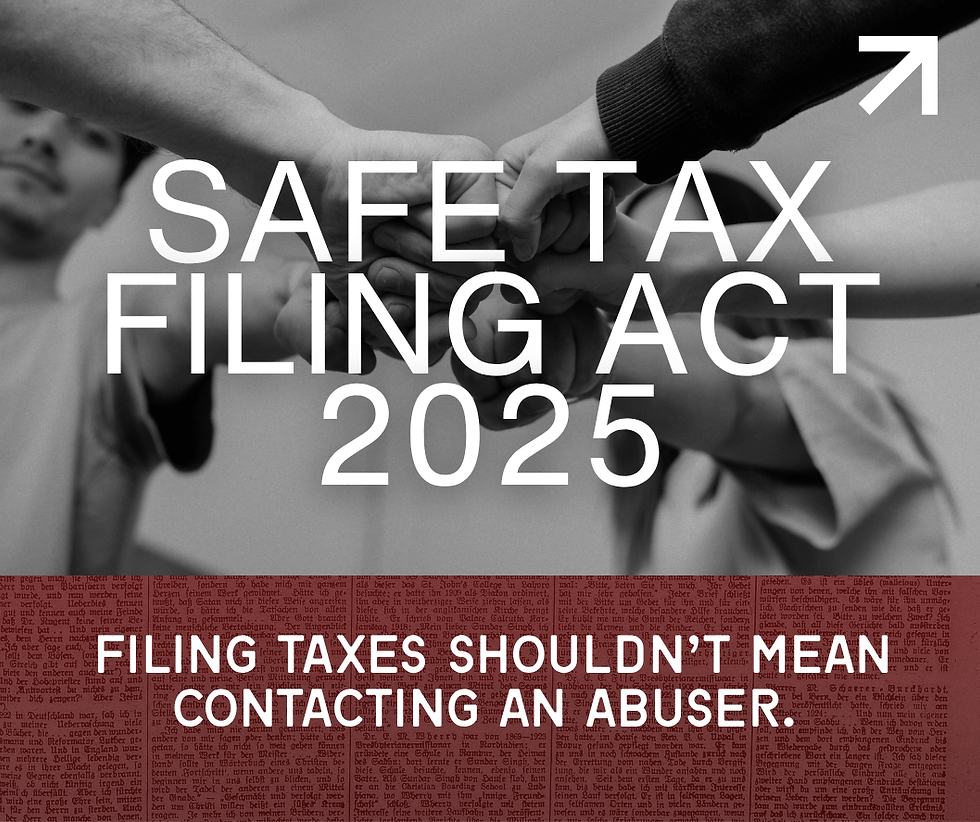Able to Work: How One Houston Coffee Shop and the Tax Code Brew (Inclusive Hiring Tax Incentives)
- Heath Vo, JD, CPA

- Oct 5, 2025
- 3 min read
Tucked into Houston’s Rice Village, Bitty & Beau’s Coffee feels like any other cozy neighborhood café — until you notice something extraordinary. Orders are called out not by name, but by playing
cards. Customers, like me today, picked up their drink to the sound of “Queen of Hearts!” and a chorus of cheers behind the counter.
What looks like whimsy is actually a radical redefinition of work itself.
A Revolution in an Espresso Cup
Bitty & Beau’s was founded by Amy and Ben Wright to employ individuals with intellectual and developmental disabilities — people too often told they were “unemployable.” Their motto, “a human rights movement disguised as a coffee shop,” isn’t branding — it’s a mission statement.
In Houston, baristas like Andrés Suarez, who once struggled to find accommodating jobs, now thrive in an environment that celebrates their strengths and individuality (Bitty & Beau’s Coffee, 2024).
The result? Customers get more than caffeine — they get connection, authenticity, and a dose of humanity with their latte.
When Purpose Meets Policy
Here’s the part most business owners miss: inclusion doesn’t just feel good — it’s financially smart. The federal tax code offers a blend of inclusive hiring tax incentives making hiring and supporting disadvantaged workers a win-win.
Work Opportunity Tax Credit (WOTC) – Up to 40% of first-year wages (max $6,000) for eligible employees from certain groups, including individuals with disabilities (IRS, 2024).
Disabled Access Credit – Up to $5,000 for accessibility-related improvements for small businesses (IRS, 2024).
Architectural Barrier Removal Deduction – Deduct up to $15,000 annually for removing barriers to accessibility (IRS, 2024).

Inclusive Hiring Tax Incentives in Texas: Inclusion the Lone Star Way
In Texas, inclusion is not just applauded — it’s rewarded.
State Tax Refund for Employers of TANF/Medicaid Clients – Up to $2,000 refund per eligible hire (Texas Workforce Commission, 2024).
We Hire Ability Program – Recognizes businesses where at least 10% of employees have disabilities (Texas Workforce Commission, 2025).
Skills Development Fund – Training grants through local colleges to support hiring and retention (Waller County Workforce Board, 2024).
And while Houston doesn’t have a standalone hiring credit, employers gain exposure through Hire Houston First, WorkTexas, and other city programs that connect inclusive businesses to local talent and procurement opportunities.
Inclusive Hiring Tax Incentives in Tennessee: Turning Inclusion Into a Credit
Tennessee’s approach is refreshingly straightforward:
Jobs Tax Credit for Hiring Persons with Disabilities – $2,000 for part-time and $5,000 for full-time hires meeting state criteria (TN Workforce Development, 2024).
Job Creation Credit – $4,500+ per new qualifying position, stackable with disability hiring credits in many cases (TNECD, 2024).
It’s inclusion backed by numbers — and the Volunteer State leads by example.
Inclusion by the Numbers
Incentive | Texas | Houston (Local) | Tennessee |
Hiring Credit | $2,000 refund (TANF/Medicaid) | — | $2,000–$5,000/job |
Recognition | “We Hire Ability” badge | Hire Houston First visibility | Local community recognition |
Training Support | Skills Development Fund | WorkTexas / Workforce Partners | Local job centers |
Barrier Removal Credit | Federal §190 deduction | Federal overlay | Federal overlay |
Additional Credits | Franchise tax child care credits | Opportunity Zone layering | Job Tax Credit |

Able to Work Means Able to Belong
From the espresso bar to the IRS code, the message is the same: People are not “disabled” — they’re able to work when systems stop standing in their way.
At ExFed Tax, we help employers translate heart into smart strategy — finding the credits, deductions, and programs that make inclusion both right and rewarding.
Because doing good should also mean doing well.
Written by Heath Vo, JD, CPA – Founder of ExFed Tax. After 17 years inside the IRS shaping national policy on credits, audits, and compliance, Heath now helps individuals and businesses use that same playbook to their advantage.





Comments